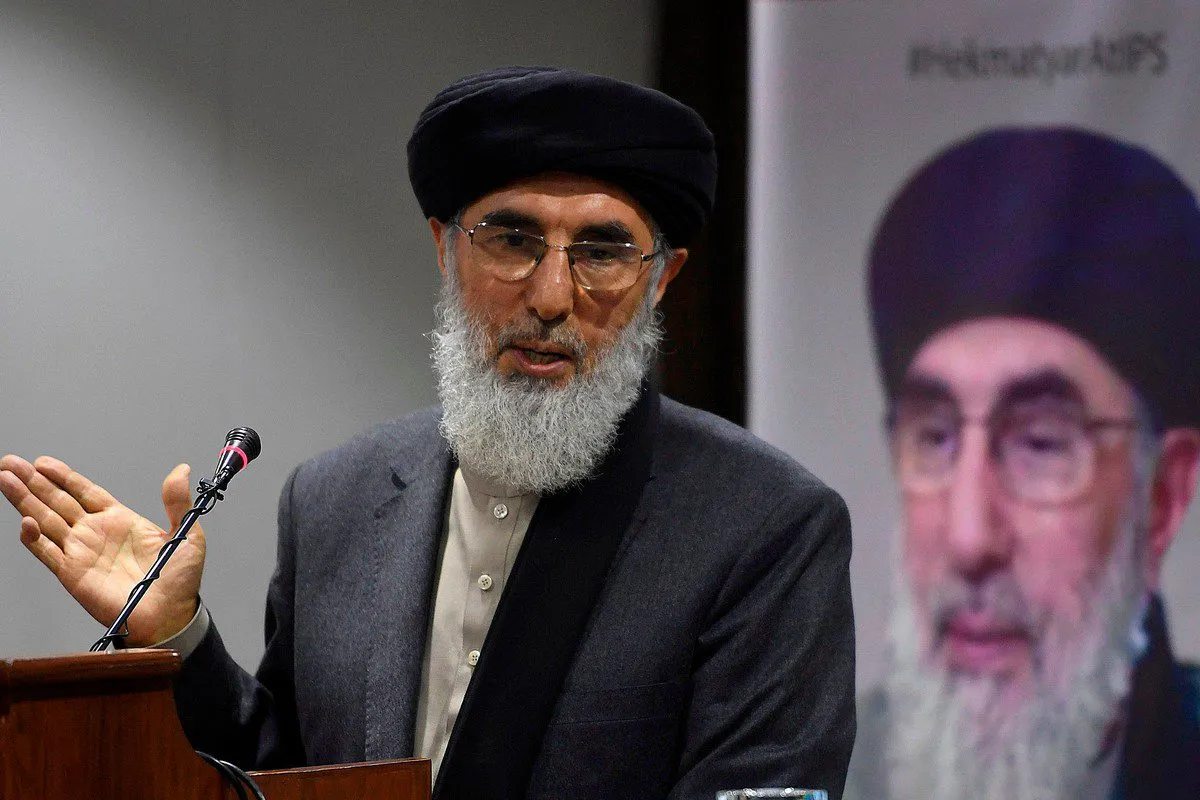

By Isha - Mar 25, 2025
The U.S. government lifts bounties on top Taliban leaders in a move to bolster diplomatic relations post troop withdrawal from Afghanistan. Analysts debate the implications on counterterrorism efforts and foreign policy. The decision aimed at fostering negotiations and dialogue draws mixed reactions, with critics fearing weakened counterterrorism efforts and silence on human rights, while proponents see it as a step towards stability and constructive engagement in the region.

AAMIR QURESHI/AFP/Getty Images via Middle East Monitor
LATEST
The U.S. government has officially removed bounties on several high-ranking Taliban leaders, signaling a significant shift in its approach to Afghanistan. This decision comes amid ongoing diplomatic engagements between the U.S. and the Taliban, aimed at stabilizing the region following the withdrawal of American troops. The move has sparked widespread debate, with analysts questioning its implications for counterterrorism efforts and U.S. foreign policy in the region.
The decision to remove financial rewards for information leading to the capture of key Taliban figures aligns with evolving diplomatic relations. Since the Taliban regained control of Afghanistan in August 2021, the U.S. has been engaging with its leadership on issues such as counterterrorism, humanitarian aid, and regional stability. Officials suggest that lifting the bounties is a strategic move to facilitate negotiations and improve diplomatic ties. While the U.S. still classifies the Taliban as a terrorist organization in some legal contexts, the group now serves as Afghanistan's de facto government.
Maintaining a cooperative dialogue with Taliban leaders has become a priority for addressing security concerns and humanitarian crises in the country. The removal of these bounties is seen as a step toward reducing hostilities and encouraging dialogue between Washington and Kabul. The decision has drawn mixed reactions from policymakers, security experts, and international allies. Critics argue that lifting the bounties could weaken counterterrorism efforts and send the wrong message to extremist groups. Some fear that this move legitimizes the Taliban’s leadership without securing firm commitments on human rights, particularly regarding women’s rights and freedom of the press.
On the other hand, supporters of the decision believe it is a necessary step toward stability in Afghanistan. They argue that continued sanctions and hostility could further isolate Afghanistan, worsening its economic and humanitarian crisis. By removing bounties, the U.S. might be opening doors for more constructive engagement, potentially influencing the Taliban’s policies in the long run. This shift in U.S. policy highlights a broader strategy of engagement rather than isolation. Whether this approach leads to tangible improvements in Afghanistan remains to be seen.